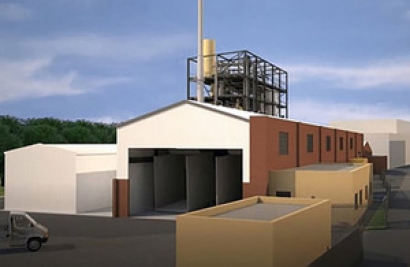
Between 2018 and 2032 low carbon fuels are expected to save nearly 85 million ton of CO2 - equivalent to taking nearly 18 million cars off the road. This equates to around a third of transport’s projected contribution to UK carbon savings during the 2020s.
Transport Secretary, Grant Shapps, said, “Whether you’re commuting to work or travelling on a family getaway, we want that journey to be as green and environmentally friendly as possible.
“This funding will help encourage innovative technology using today’s waste to power tomorrow’s green transport revolution, helping us reach a cleaner and greener future.”
Future of Transport Minister George Freeman, added, “We made a legally binding commitment to reaching Net Zero. Now we are delivering. The UK is reducing CO2 emissions faster than any other G20 nation. We are doing it by investing in research and development, supporting the uptake of low emission and electrical vehicles, new inner city Clean Air Zones and the world’s first comprehensive Transport Decarbonization Plan.”
Two of the projects announced today are being funded under the government’s £20 million Future Fuels for Flight and Freight Competition (F4C).
KEW Projects and Rika Biogas have been awarded a share of £6.5 million to build plants which aim to provide fuel for heavy goods vehicles. The project at KEW will also begin research which could pave the way for low carbon aviation fuel.
Over the next decade the UK advanced fuels industry is expected to be worth over £400 million and create 9,800 jobs.
A further two projects, which are being funded under the £25 million Advanced Biofuels Demonstration Competition (ABDC), are also driving towards their final stages of development. This includes Nova Pangaea Technologies, who will focus on the production of bio-ethanol from wood waste that can be blended with existing petrol used in road transport.
These latest investments build on the government’s push to go further and faster to harness innovation, drive down emissions and improve air quality.

